Data Science Liège MEETUP #21
The mission of Data Science Liège is to offer a forum, upon which participants can leverage to federate data science initiatives, showcase projects and ideas, call for support and partnerships, disseminate knowledge and stimulate public awareness.
Participants may choose to attend the event physically in HEC Liège or to follow it online. Both options will be available upon registration.
Participation is free but registration is required.
Follow us on Twitter : @DSLiege for updates and latest news!
Program
- 18:30 Door Opening
- 19:00 Short Talks
- 20:30 Drinks & Networking
- 21:30 Closing
Speakers
-
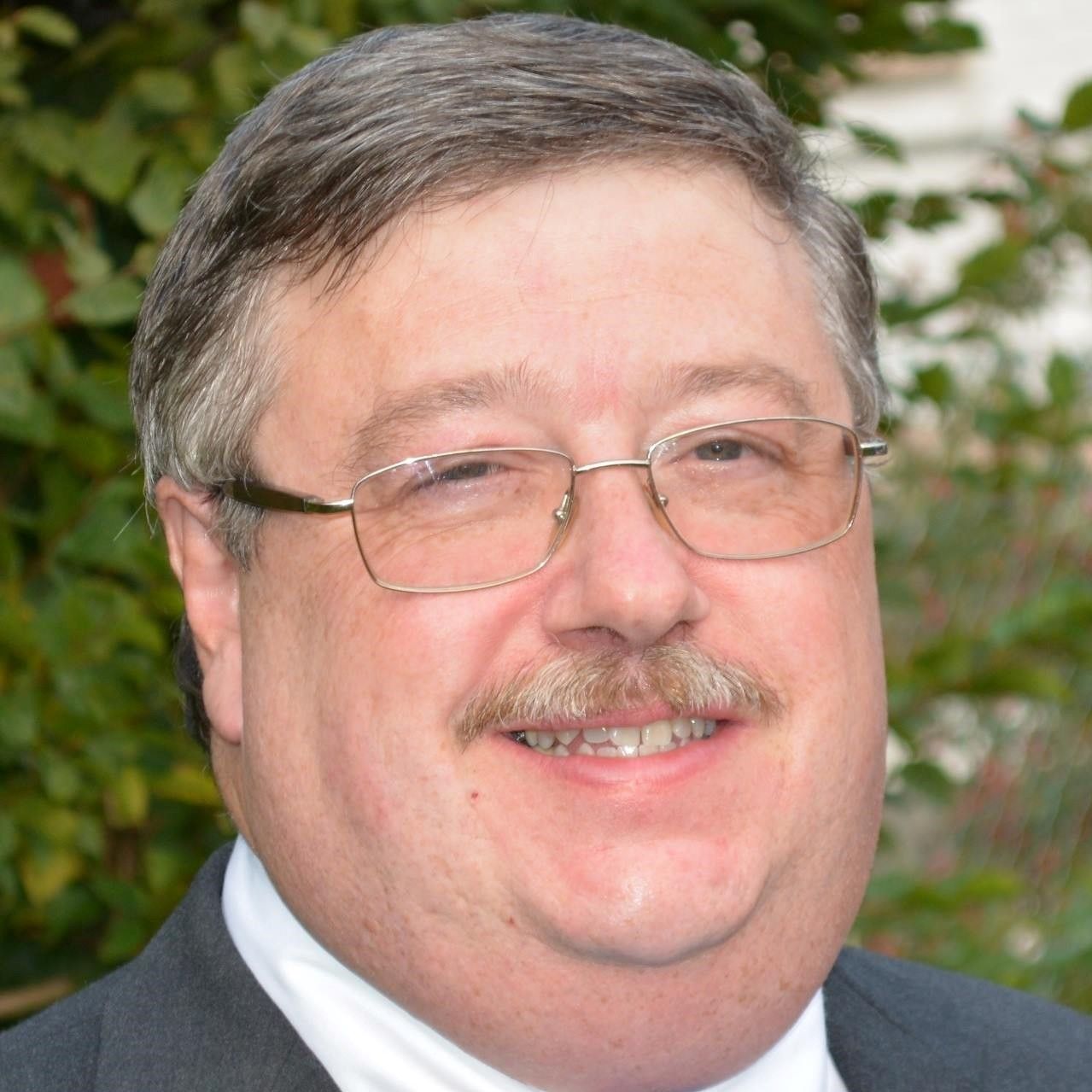
Pierre ARS
Actuary // Ethias -
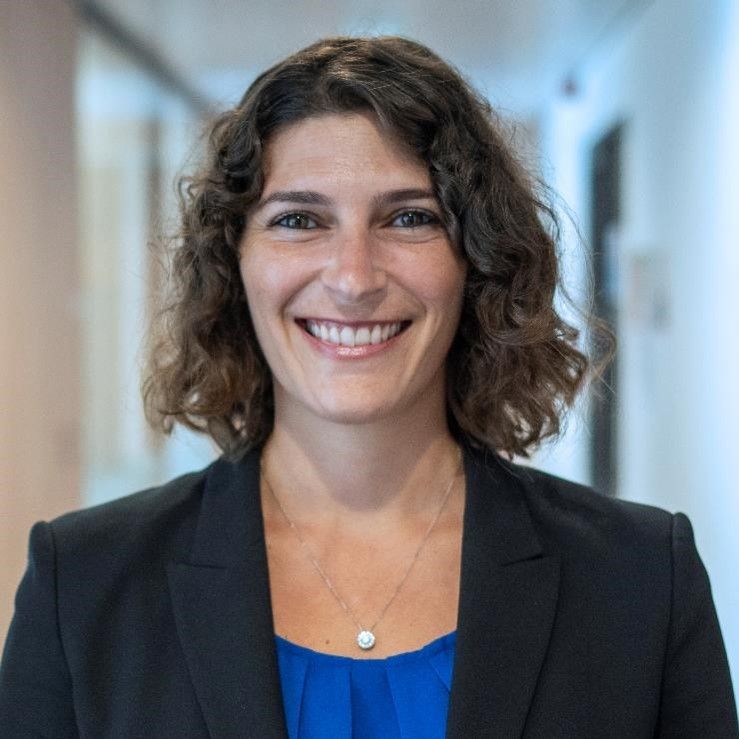
Lana KHOURY
Associate Partner // KPMG Luxembourg -
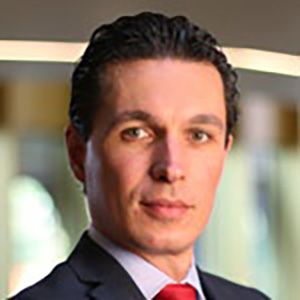
Dieter PUTZEYS
Director // KPMG Luxembourg -
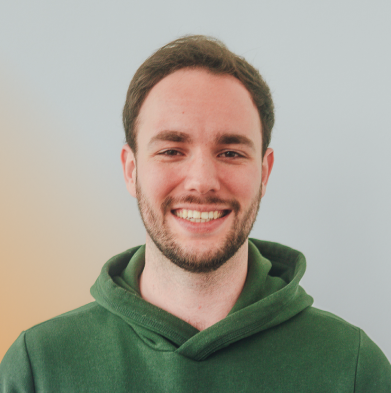
Bjorn VUYLSTEKER
CPO & Co-Founder // WeGroup -
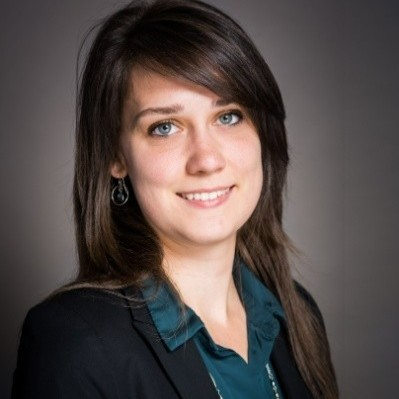
Claudia HUYGHEBAERT
Non-Life Data Scientist // AG Insurance -
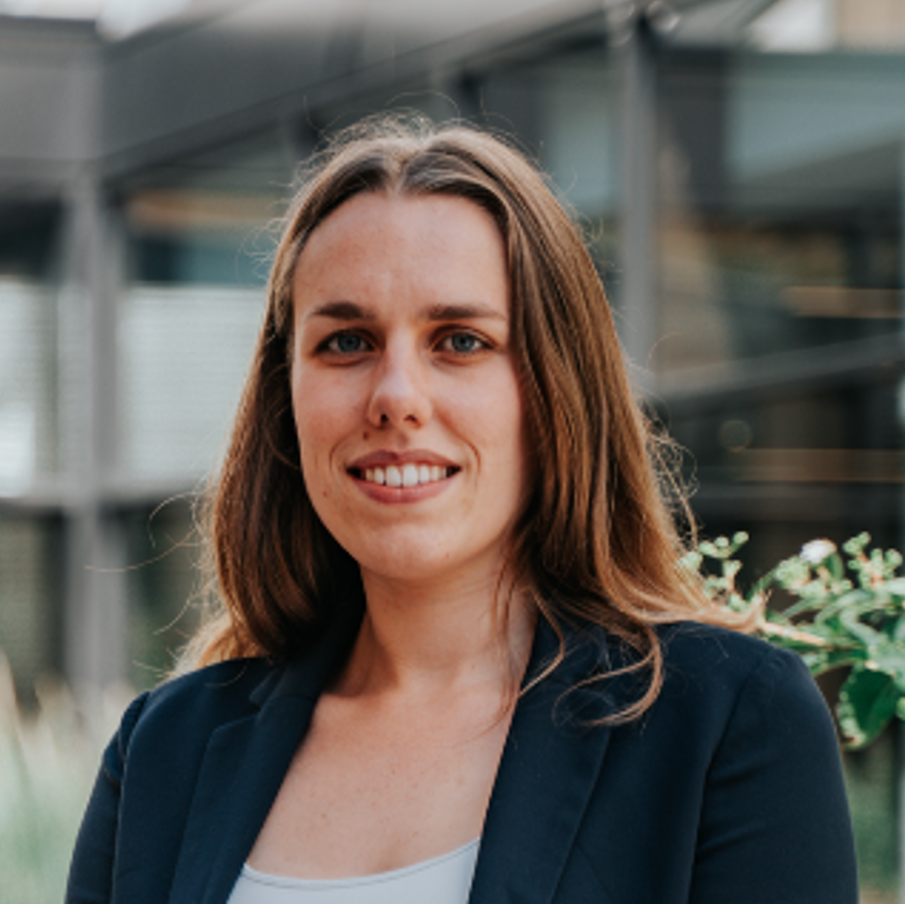
Mathilde ABBELOOS
Data Analyst // AG Insurance
Reinventing Insurance propositions: connected ecosystems driven by AI – Lana Khoury, Dieter Putzeys (KPMG Luxembourg)
How AI, data and analytics, and connected devices can enable the insurer of the future through AI-driven orchestration of partners. During our presentation we will walk you through a use case showing how insurers can shift from providing protection from the impacts of unfortunate events, to helping prevent these events from occurring.
Approche causale en assurance : pertinence et use case – Pierre Ars (Ethias)
Les compagnies d’assurance doivent faire face à plusieurs spécificités (cycle économique inversé, marché saturé, …) qui ont des conséquences sur les propriétés que doivent satisfaire les modèles de Data Science :
– Portabilité
– Robustesse
– Problème des ‘spurious correlations’
– Respects des lois anti-discriminations
– ….
La causalité est un sujet qui a démontré sa pertinence dans les problématiques mélangeant des aspects statistiques, économétriques, intelligence artificielle : Prix Nobel d’économie 2021 (J. Angrist et G. Imbens), Prix Turing 2011 (J. Pearl).
Le but de cet exposé est double :
– Montrer la pertinence de cette approche dans le cadre de la sélection des features les plus importants dans la mise en place de modèles learning.
– Illustrer cela dans un use case développé chez Ethias.
A journey towards automating claims processes – Bjorn Vuylsteker (WeGroup)
Human intervention and errors remain among the biggest bottlenecks in creating straight-through processes. As a visionary and one of the biggest Claim processors in Europe, Dekra reached out to WeGroup to map their inner journey towards claim processing and to help fill the gaps where needed. Using recommendation systems and multi-modal learning, WeGroup has succeeded in achieving accuracy that matches human error, within less than half of the original timeframe claim handlers needed originally.
Floods: Importance of Data in times of crisis – Claudia Huyghebaert & Mathilde Abbeloos (AG Insurance)
The floods of July 2021 were a true natural catastrophe of which the severity was unseen in recent decades. The work performed within AG Insurance allowed to take the right decisions at the moment for our clients and brokers in collaboration with the public authorities. Shortly after a model was created to identify the areas most severely impacted and the repair cost. Main take aways of the presentation are the importance of internal & external data, iterative improvement and the need to truly work closely together with business colleagues.